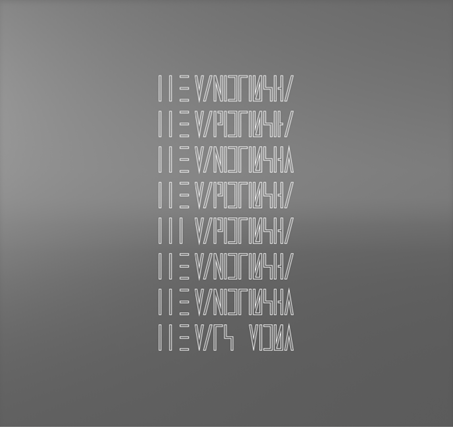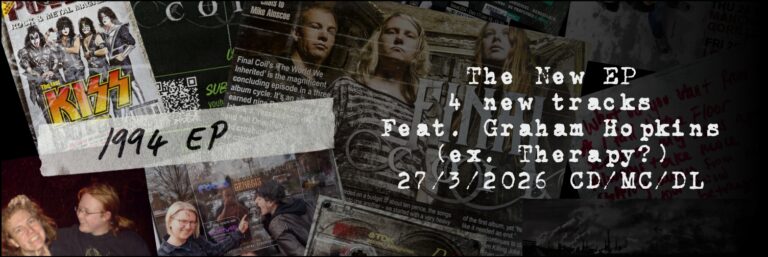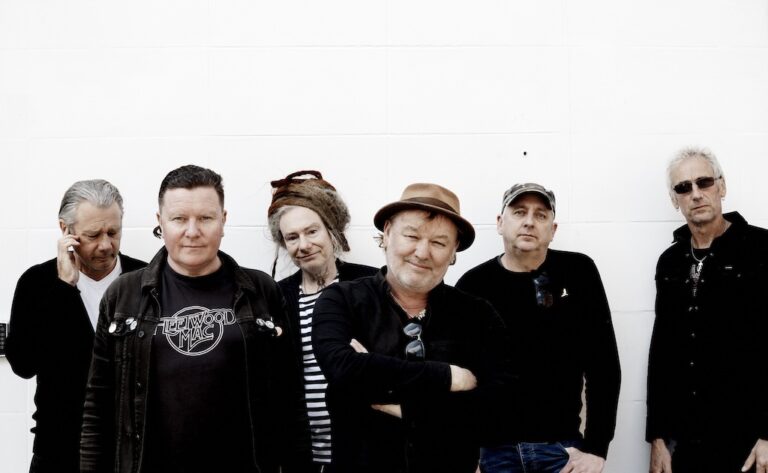
Que Dios Te Maldiga Mi Corazon – An acoustic reworking.
A year after their self-titled seventh album announced the critically acclaimed return of Omar Rodríguez-López and Cedric Bixler-Zavala as The Mars Volta, the group now present a potent reimagining of that reunion opus. Much more than a simple “un-plugged” version of The Mars Volta’s 14 songs, this acoustic rendition furthers the mission of the source music, which drew into sharper focus the traditional Latin influences that have always inspired their music. This is, says Rodríguez-López, The Mars Volta’s version of a “folk record”, tracing the melodies and rhythms of the parent album back to their traditional Caribbean roots and challenging listeners to hear the group in an entirely new light.
Stream ‘Blank Condolences (Acoustic)’ Here
Rodríguez-López began crafting this acoustic rework immediately after handing in the master tapes of The Mars Volta to the offices of Clouds Hill in Hamburg. The then-ongoing pandemic meant that the traditional methods of promoting a new album – concert performances and promotional tours – were off the table, meaning the new album wouldn’t hit the shelves for some time. Rodríguez-López’s other means of keeping his hands from ever once being idle, making movies, was similarly verboten until Covid began to subside. So the guitarist de- camped to his birthplace, Puerto Rico, and invested a handful of days’ downtime in making the “folk record” he’d been planning for many years.
“it was a fun process,” he says. “And it made me think about the history of record music in the United States.” In the earliest days of the music industry as we know it now, he says, there were two genres. “There was ‘traditional music’, which became ‘Americana’, or country music. And the other genre was ‘race music’, which was exactly what it sounds like: music made by anyone who was an ‘immigrant’, mostly meaning black people. So that means everything that wasn’t ‘country’. In other words, all the interesting shit: r&b, blues, rock’n’roll, electronic music… It says a lot about this country.”
Within this context, this acoustic reading of The Mars Volta became Rodríguez- López’s version of a ‘traditional’ record. “Only it’s not going to sound ‘traditional’,” he smiles, “because it really falls into the category of a ‘race record’. But for me and where I come from, this is what a ‘traditional’ record would sound like.” The Mars Volta (Acoustic) isn’t simply more content, but a bold, radical, political album, and one that recontextualises the music of the group’s powerful last album within the lineage of the Latin and Caribbean sounds that Rodríguez- López has been mining his entire career, only many ears couldn’t hear past the distorted guitars to know what was going on. The songs are re-orchestrated and set to the traditional Caribbean rhythms that Rodríguez-López grew up on. Here, ‘Black Condolences’ becomes an object lesson in this music, segueing be- tween three different traditional rhythms across its three-and-a-half minutes.
Beyond these references to the group’s too-often-overlooked heritage, the new versions carry their own revelations and magic: the magical piano excursions that drift out on the eddying tides of ‘Shore Story’, Eva Gardner’s swooning up- right-bass runs on ‘Collapsible Shoulders’, the deeper intimacy of this reading of the heart-breaking ‘Palm Full Of Crux’…
For Rodríguez-López, Que Dios Te Maldiga Mi Corazon long-held dream, finally coming true. “I realised I could finally make a record like this now, I just had to make it happen,” he says. “That was the experiment. And it was super-fun. I feel like The Mars Volta is finally beginning – that’s why the last album was self- titled, because we’ve finally stripped everything away and arrived at what the whole concept was at the beginning. And this acoustic version comes from a profound place, with its own meaning and philosophy, and its own reason for being.”



